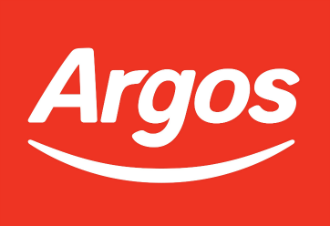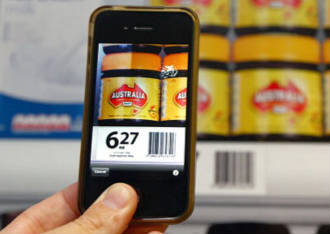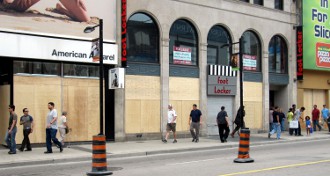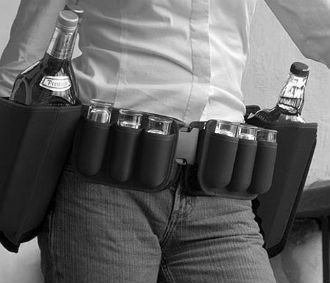 For some time now, eBay has been pushing discussion about the future of etail, the high street, and how brick and mortar will intersect with online shopping – now, in a bold move, the company has joined up with Argos in a bid to offer the best of both worlds.
For some time now, eBay has been pushing discussion about the future of etail, the high street, and how brick and mortar will intersect with online shopping – now, in a bold move, the company has joined up with Argos in a bid to offer the best of both worlds.
Online shoppers will be able to buy selected goods from eBay and pick them up in-store at Argos outlets across the UK. 50 eBay merchants are taking part, but are anonymous at time of publication.
Argos already has its own click and collect service but expanding it to include popular eBay stores will certainly not harm the company, provided the scheme is implemented properly. Amazon, which eBay increasingly sees as its top competition rather than its original selling point as a bidding website, has collection points in the UK too.
Earlier this year, Argos reported its first sales boost in years. It attributed much of this to the check and reserve feature. This is not to be sniffed at considering the otherwise lacklustre state of the UK’s tattoo-parlour, betting and pawn-shop packed high streets.
eBay has trialled a service called eBay Now across the pond in New York and San Francisco, partnering with popular retail outlets such as Home Depot and Urban Outfitters to arrange for goods to be delivered within the hour for a fee. This may be rolled out to Britain next year.
Commenting on the announcement, Warick Business School’s retail expert, Dr Scott Dacko, said whether or not this service becomes “the” model, integration between online and offline sales is “the future for retail”.
“It is likely to be a win-win-win arrangement, with both partners and UK consumers benefiting all round,” Dacko said. “I am sure the arrangement will prompt a host of competitors to move more quickly into not only seamlessly integrating their online and brick-and-mortar operations but also looking into similar partnerships as well”.
During Christmas last year, eBay experimented with a bricks and mortar showroom where customers could try out products and interact with them through an app.
 Intel and Chinese e-commerce giant jd.com have signed a deal with each other to create a new type of laboratory.
Intel and Chinese e-commerce giant jd.com have signed a deal with each other to create a new type of laboratory.














